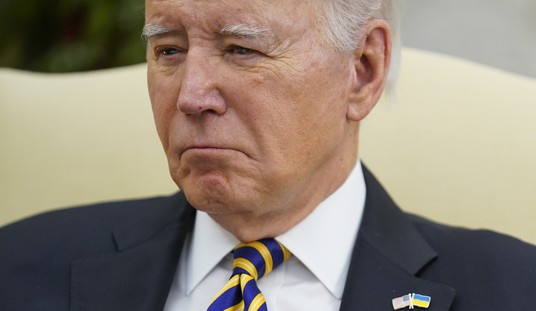Although the Framers didn’t get around to the executive branch until Article II — the real business of government, they thought, would normally be carried out by Congress — the Constitution nevertheless vests awesome, but not unlimited, power in what James Madison called the “chief Magistrate,” the president of the United States. This is right and proper, for the president, as commander-in-chief, needs the flexibility to be able to respond quickly and decisively in case of national emergency.
Appealing to that necessity is what stands behind the Obama administration’s objection to the federal law requiring that the president give Congress 30 days notice before releasing prisoners from Guantanamo Bay. There were, the administration argued, “unique and exigent circumstances” why that law should not be followed in the case of Bowe Robert Bergdahl, the Army solider who is reported to have deserted his post while on guard duty in June 2009 after announcing his loathing for America and hatred of the Army. “I am ashamed to be an American,” he wrote in an email to his parents. “And the title of US soldier is just the lie of fools. . . . The horror that is America is disgusting.”
It would be interesting to have Sgt. Bergdahl’s views on “the horror that is America” now that he has had an opportunity to spend five years as the guest of the Taliban in Afghanistan. It would also be interesting to know exactly what “unique and exigent circumstances” prompted the Obama administration to exchange Sgt. Bergdahl for five high-level Taliban terrorists — the hardest of the hard core, as John McCain put it — who were cooling their heels in Gitmo. (What do you suppose these thugs and murderers will do now that they’re free? Go sight-seeing?)
At least six U.S. servicemen were killed searching for Sgt. Bergdahl. And Rep. Howard McKeon and Sen. James Inhofe are surely correct that the exchange imperils the lives of others. “Our terrorist adversaries now have a strong incentive to capture Americans,” they said in a joint statement. “That incentive will put our forces in Afghanistan and around the world at even greater risk.”
For their part, the Taliban think it was a pretty good, no an excellent deal. Mullah Omar (remember him?) celebrated the news as a great victory. Which, for the Taliban, it was.
But again, what do you suppose the “unique and exigent circumstances” are? We know that Bergdahl père is a left-wing activist who wants to free all prisoners in Gitmo. And the more we know about his son, the weirder he sounds.
Secretary of Defense Chuck Hagel refused to answer the question of whether Bergdahl had deserted and, if so, whether he would be punished. “Our first priority,” he temporized, “is assuring his well-being and his health and getting him reunited with his family.”
One of Bergdahl’s fellow soldiers in Afghanistan offered a different perspective.”I don’t understand why we’re trading prisoners at Gitmo for somebody who deserted during a time of war, which is an act of treason.”
I wonder the same thing. “Unique and exigent circumstances” must always be taken into account. But what are they in the case of L’affaire Bergdahl? We don’t know. “Leave no man behind” is a stirring and honorable motto for many military units. But Obama’s motto, as one friend put it, seems to be “Leave no deserter behind.”








Join the conversation as a VIP Member